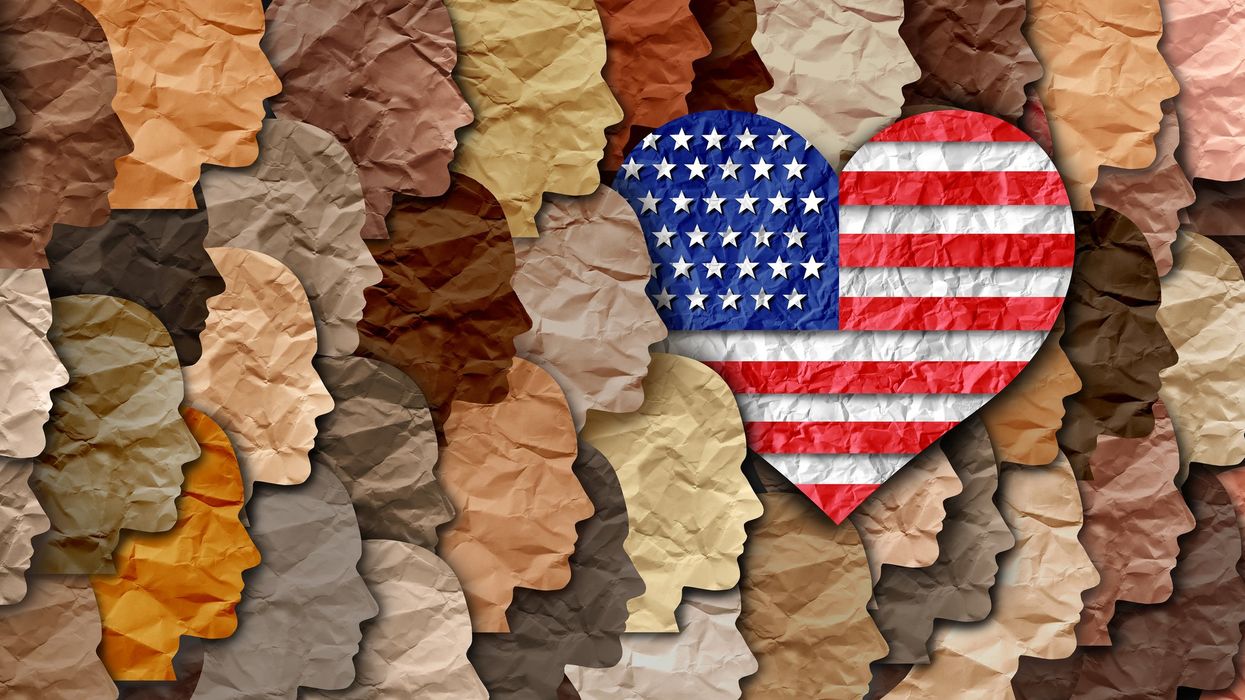Jason Mayo always felt a calling to serve, but his journey was anything but predictable. Drawn to service in the Marine Corps, due to its high bar for excellence, he dreamed of standing guard at U.S. embassies in countries like France and Germany, where he could leverage his proficiency in foreign languages.
As so often happens, life had other plans for Mayo, and a serious car accident led him to leave the military far earlier than he would have planned. It also left him with an unfulfilled sense of duty.
"I felt like I hadn't completed at least a small obligation to serve my country in some way," he recalled.
They often say Marines are cut from a different cloth, and this proved true yet again. With the armed services in his rearview mirror, Mayo went on to pursue a political science degree at the University of Illinois at Chicago, followed by a Master’s in Business for Veterans from the University of Southern Connecticut. He took his talents to the world of advertising and media, working with marquee brands like Men’s Health, USA Today, and The Wall Street Journal.
Still, he felt a draw to the veteran community. He was eager to engage with veterans and partner with others who served but was unsure of how his short time in service would be received.
That mindset changed once he discovered +More Perfect Union (MPU)—an organization dedicated to bridging the political and social divides—through his connections in the veteran community.
“I saw the divisiveness happening everywhere, and I felt compelled to do something about it,” Mayo explained.
Today, Mayo has risen to a different type of rank. He founded the Los Angeles Brickyard for +MPU and acts as a beacon for other veterans in his community who are drawn to a new kind of service. Through community-building events and one-on-one conversations alike, Mayo uses his experience as a creative leader to transcend ideological divides and connect with peers in a more meaningful way.
One of the most impactful efforts on Mayo’s lengthy resume was a community screening of “Join or Die ”, a documentary centered on the widespread decline of civic engagement. The event was a call to action for locals to join forces, not just in the case of a crisis but as an ongoing commitment to community-building and regional pride.
Tragically, a crisis did strike Los Angeles and its surrounding communities in the weeks that followed: a devastating series of wildfires destroyed thousands of homes, local businesses, and beloved community spaces.
When Mayo first surveyed the destruction, he faced an overwhelming question: where to begin? The community he cherished lay in ruins, with homes and buildings reduced to smoldering remains. It was during this moment of uncertainty that he discovered something remarkable.
As a member of The Ronald Reagan American Legion Post 283 (where President Reagan himself had once been a member), Mayo was astonished to find the building standing untouched amid widespread devastation—one of the few structures spared by the inferno. This preservation wasn't just fortunate; it was symbolic.
With former Post Commander Jim Cragg, Mayo designed a plan to turn Post 283 into a community hub—a central gathering place where residents could find both practical help and emotional support. With the help of the Post's leadership, Post 283 became more than a building, it became the heart of the community's recovery efforts—a place to gather, grieve, and gradually turn toward rebuilding. The building soon housed representatives from FEMA, insurance companies, the Red Cross, and faith organizations, creating a one-stop resource center for a community that was desperately seeking answers and direction.
In the coming weeks and months, this work will transition to long-term rebuilding efforts that help restore a sense of peace and togetherness to the area—ranging from flag plantings to community dinners and holiday celebrations.
“My goal is to help people engage with their communities in meaningful ways. It’s not just about talk. It’s about action,” he said.
Inspired by his volunteer work, Mayo launched Kymatholi, a public relations and marketing agency dedicated to bolstering connections within American communities. The firm primarily works with brands that embody the company’s mission to promote civic engagement and social cohesion.
“I only want to work with organizations that help make America stronger, whether through local economies, social fabric, or civic participation,” he said.
Mayo’s work in the military gave him a foundation—teaching him leadership, discipline, and most importantly, adaptability. It’s these skills that Mayo now leans on as he works to strengthen communities, connect with like-minded veterans, and rally people of different political backgrounds for a common purpose.
“The military teaches you how to work with people who don’t look like you, who don’t think like you, but who are all working toward the same goal,” he said. “That’s exactly the mindset we need to bring to our communities today.”
Whether he’s rebuilding communities after deadly wildfires or moderating a conversation in an ideologically polarized city, Mayo continues to serve his country—this time, without a uniform.
“I’m not in the military anymore, but I’m still serving,” he said. “I’m glad I get to put those skills to work.”
Jake Harriman is the CEO and co-founder of +More Perfect Union.




















